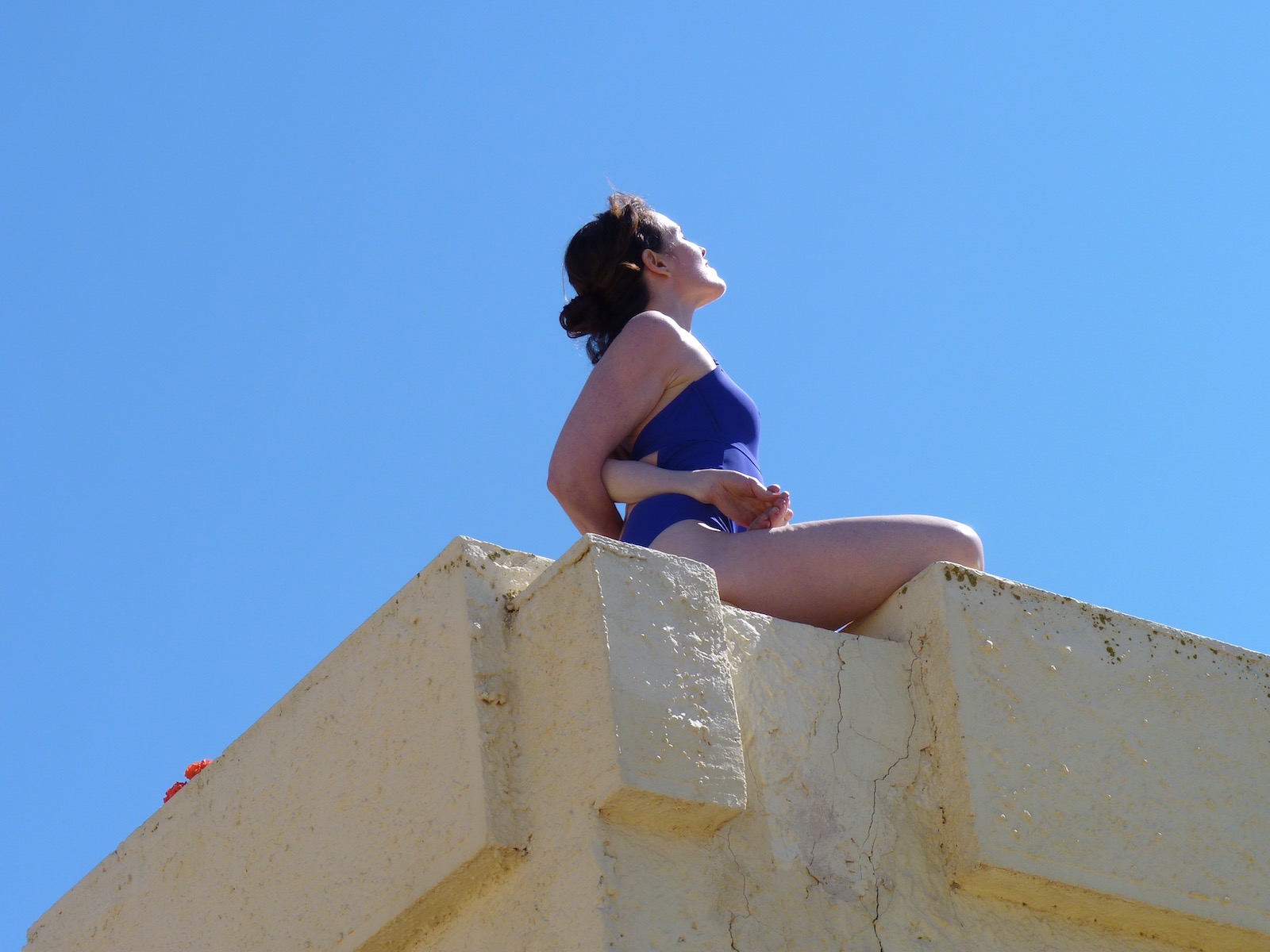
After India
India possesses something that only people who travel here can understand. In my old beaten up copy of the Lonely Planet there is a brief introduction about either loving or hating India; many swearing never to return. A more accurate travel advisory, however, would read that India is both. It’s an adventure in challenging your level of comfort and a love story in capturing your heart.
A country like India is not without its challenges. The poverty and the pollution are just some of them. For me, I only return to study yoga under my teachers. I want to learn. I want to remain a student. I want to go back to a place where practice matters. It’s not about the performance or my advancement, but the practice itself.
Although India itself has always promised to be a reminder of the terrible (with a lot of homelessness and poverty), it is also a steady reminder of the wonderful. The temples, palaces and the pageantry make me shutter between the stark extremes. Taking the time to learn more about India; her people, customs and whatever else I can indulge in has been a daily adventure in India. Something I treasure and truly favour.
On my latest trip, I kept notes on the interactions I had with many of the local people. The reason I did this is because it brought quickly to light the assumptions we make when talking with people. That is, the barrier of language even if English is widely spoken and the way India is always India and we are always Westerners; doing very little to penetrate the culture.
These are a sample of the ones that make me smile at a way of life that is just different from the west (to say it mildly):
I order papad (a flat crispy bread like a chip) and am handled a platter of Tandoori Fish instead. You can imagine my great surprise especially being a vegetarian. I have no idea how this miscommunication occurred, but I guess with my accent ‘papad’ maybe sounded like ‘tikka’; a type of fish dish.
I ask to speak with another clerk at the front desk of the hotel. This is, someone who speaks better English. Their reply is, “You want the wine list, mam?”
I rent a scooter and I receive a daily phone call from the owner that goes something like this,
“Hello, madam, any problems?”
“Any problems, madam.?”
“You, you just call me. Any problems.”
“I come.”
“5 minutes, I am coming.”
I am 75 rupees short when buying a gift in the market. The vendor agrees with me that I can return in an hour to pay him. Meanwhile, he has never seen me before, does not know my name or where I am staying. He does not even ask.
In the local shops, it is a common courtesy to first be offered chai (tea). Not taking it seems rude and an insult to their incredible hospitality. I recommend anyone taking it as it gives you more time to strike up a conversation with someone you might not normally think of speaking with. It is likely one of the more authentic ways of getting to more about the culture and the people as opposed to being in a tour group.
I repair my shoe heel for less a dollar. The cobbler marks the price in pen on the sole of the shoe. While waiting for him to finish the repair a ,police officer stops to ask me, “What country you?” while the cobbler at the same time demands me to take a photo. “You take foto. You take foto. You. Me.”
I have a silver key chain welded in 10 minutes for 10 rupees (about 25 cents).
I spend several minutes exchanging clumsy arm and hand movements with one of the Muslim neighbourhood washers regarding when and where I can pick up my clothes. The time-frame of 5 minutes seems to be universal amongst Indians.
The waiters at a local restaurant ask me, “You come long back. When you come now exactly?” This is really nice and I forget about the black toilet holes at the back. It is true that Indians have this super, friendly way of greeting you. Making you feel like you never left and are a big part of their daily life.
“Did you have your breakfast?” or,
“Had your lunch?” and/or,
“How is your mother?”
Surprisingly so, these are the typical questions from many vendors I know.
A fellow motorist informs me while we are both driving that there are police officers checking for people who are not wearing their helmets. I stop to put mine on feeling grateful for his warning. In a matter of seconds, he was right. The police officer was standing right there. I sail by without notice.
This year I learn what should have been the first lesson about driving a scooter. That is, how to lift the scooter onto its stand. It’s a good laugh for the bell-boy at the hotel who mutters the statement,
“After 10 years, you finally learn the first lesson last.”
Outside of my yoga training and study, a trip to India is so full on so many levels. Yoga has been the centre for me, but my heart often travels far off into the daily regime and scene. The way the people move, react, sound, gesture and behave is a world I enjoy getting lost within.
After India, I hope, comes more India. But I always leave India with the direct feeling it is more fate than my own doing.
So maybe, after India, comes India.
© Copyright of Heather Morton, The Yoga Way, 2013. All written rights reserved.

